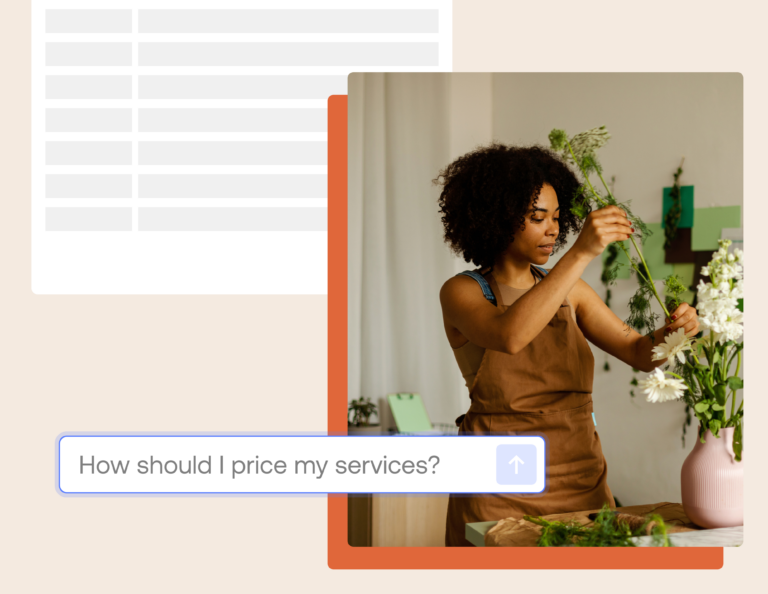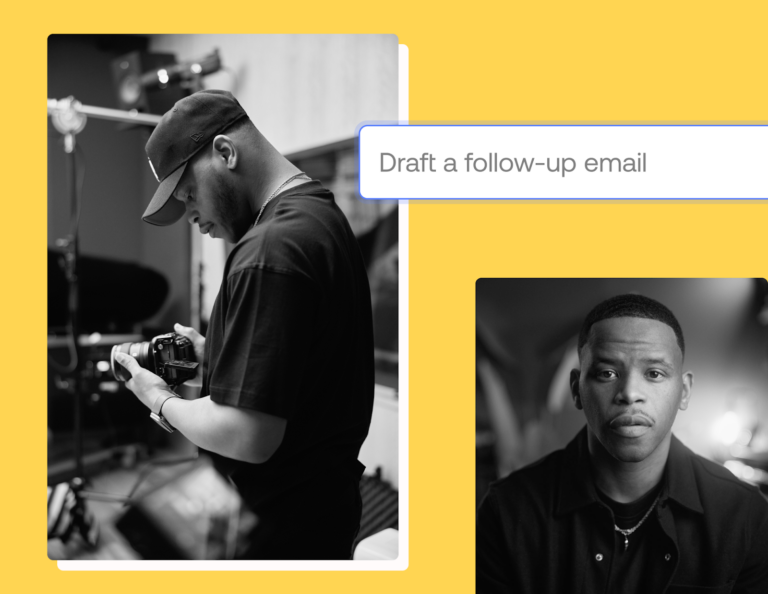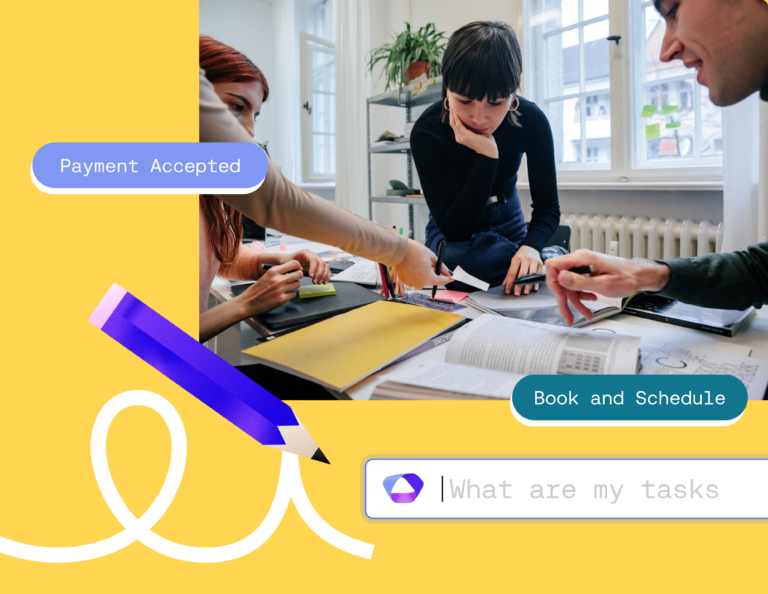If you use social media to generate income, you may be a target for social media hacking. Here we discuss how to defend yourself against nefarious actors.

Small businesses are often vulnerable to hacking because they often don’t have extensive resources or security measures like larger companies. Independent businesses may not be equipped to handle being hacked, resulting in significant financial losses and damage to their reputation.
According to the National Cyber Security Alliance, 43% of cyber attacks target small businesses. Even worse, 60% of those businesses go out of business within six months of a cyber attack. Cybercrime costs worldwide are measured in the hundreds of billions, and independent businesses are seen as an easy target.
Jump to:
- Social media accounts are a powerful tool for small businesses
- Why do hackers hack?
- How to avoid getting hacked on social media
- Build a financial safety net
Social media accounts are a powerful tool for small businesses
Social media accounts are crucial for the marketing and distribution efforts of independent businesses. According to research by SCORE, 77% of independent businesses utilize social media platforms to build brand awareness, improve customer service, and increase revenue.
Whether you are a photographer, graphic designer, coach, or event planner, social media platforms provide a cost-effective way to reach a large audience. Social media allows you to target specific demographics and increase your visibility.
The ability to engage with customers in real-time, communicate and gather feedback is also a key benefit of social media. Additionally, most social media platforms offer analytics tools that track metrics like engagement, reach, and conversion, which helps them to improve their marketing strategies and measure their success.
Lastly, influencer marketing can help small businesses to reach a larger audience and increase their credibility. It allows them to distribute their product and services and reach a wider audience beyond their current customers.
Why do hackers hack social media accounts?
There are several reasons why hackers may target social media accounts, but one of the main motivations is financial gain. Social media accounts often contain personal information and broad reach, making them valuable assets for hackers.
For example, a hacker may use a hacked account to scam others by sending messages to the account’s contacts, asking them to transfer money, or providing personal information. Hackers may also use the account to steal sensitive information, such as credit card numbers. In some cases, the hacker may even demand ransom money in exchange for returning the account to its rightful owner. And if you don’t pay? They will sell the hacked account on black marketplaces for a profit.
When dealing with hackers after you’ve been hacked, it’s important to remember that, in most cases, their primary goal is to make money. These hackers are essentially operating as a business, intending to benefit from their actions financially. It’s essential to keep this in mind during any communication with them, as it can help inform your decisions and actions.
How to avoid getting hacked on social media
As a service-based business, you need to understand that being targeted by a hacker is a matter of when and not if.
Most of your interactions are probably online and if you use social media to run your business, you might be getting inbound leads multiple times a day.
Protecting your social media accounts by following the steps below is an essential part of running your business without incident.
Use a strong and unique password
A strong password should be at least 12 characters long and include a mix of uppercase and lowercase letters, numbers, and special characters. It will take 17 billion years to crack your 12 characters password if it contains symbols, numbers, upper case, and lower case. (Check your password here.)
Avoid using easily guessable information such as your name or birthdate. It’s also a good idea to use a different password for each social media account so that if one account is compromised, your other accounts will still be protected.
Enable two-factor authentication
Two-factor authentication adds an extra layer of security to your social media accounts by requiring a code sent to your phone in addition to your password to log in. This means that even if someone manages to get a hold of your password, they will not be able to access your account without the additional code. Many popular social media platforms offer this feature, so be sure to turn it on.
Insure your social media account
Consider getting insurance for your social media account. Insurance for your social media account can provide financial protection in cases of account takeover or suspension from the platform. For example, Notch Social Media Insurance can help cover lost revenue if your account gets hacked. This is a niche coverage specifically designed for service-based businesses, using social media as a source to generate leads. It’s worth checking with your insurance agent to see if this type of coverage is available and if it’s a good fit for you.
Be cautious when clicking on links
Even if a link comes from someone you know, be cautious before clicking on it. The most common cyber attacks on Instagram and other social media platforms include:
- fake support and copyrights infringement scams,
- impersonations,
- free giveaways or prizes,
- ‘get rich quick’ scams and
- ‘vote for me’ scams.
In most cases, the hacker creates a fake account that looks like a legitimate account (for example, Meta support or public figure) and sends direct messages to users asking them to click on a link or enter their login information.
It’s essential to be aware of these types of attacks and to always verify the authenticity of the account or link before providing personal information or clicking on any links.
Keep your email and phone number up-to-date
People might lose access to an old email inbox or they may switch phone numbers. According to research by Meta, your chances of getting your account back if you get hacked are twice as high if you have up-to-date contact details in your account. Make sure to update your email and phone number in your account’s settings.
Be mindful of the information you share online
Social media is a great way to connect with friends and family, but it’s important to be mindful of the information you share online.
You might think you’re talking to someone you know, but it may also be a hacker impersonating your friend.
Avoid sharing personal information such as your home address, phone number, or financial information. Be especially careful when you get a request with a sense of urgency, in a manner you did not expect.
Keep your social media apps and devices up to date
Keeping your apps and devices up to date is important in protecting your social media accounts. This includes your operating system, web browser, and any apps you use to access social media. Software updates often contain security patches that fix known vulnerabilities, so installing them as soon as they become available is important.
Build a financial safety net
Building a financial safety net to protect your income and business is important. In addition to covering your accounts with social media insurance, a clientflow management platform like HoneyBook can also help you protect your information. HoneyBook helps you manage all client conversations, email lists, invoicing, and payments from one place. Using HoneyBook means that you’ll still be able to run your business, even if your social media account is hacked.
Social media has become an essential part of running your business. As a service-based business owner—this might be where you create the most value for your business. Where value is generated, hackers will soon follow.
Individuals and businesses need to stay informed and take proactive measures to protect their accounts and personal information. This includes using strong passwords, enabling two-factor authentication, and being vigilant about suspicious activity. Additionally, investing in social media insurance can provide financial protection in the event of losing your account to a hacker.
As a business owner, you need to think about where investing small amounts of money may generate the biggest impact for your business. Investing in prevention and insurance is much cheaper than trying to rebuild your entire social media presence and reputation.
Stay safe out there.
Manage your leads with HoneyBook
Use HoneyBook to generate leads, track your highest-performing lead sources, and nurture them into clients!
Start Free Trial


